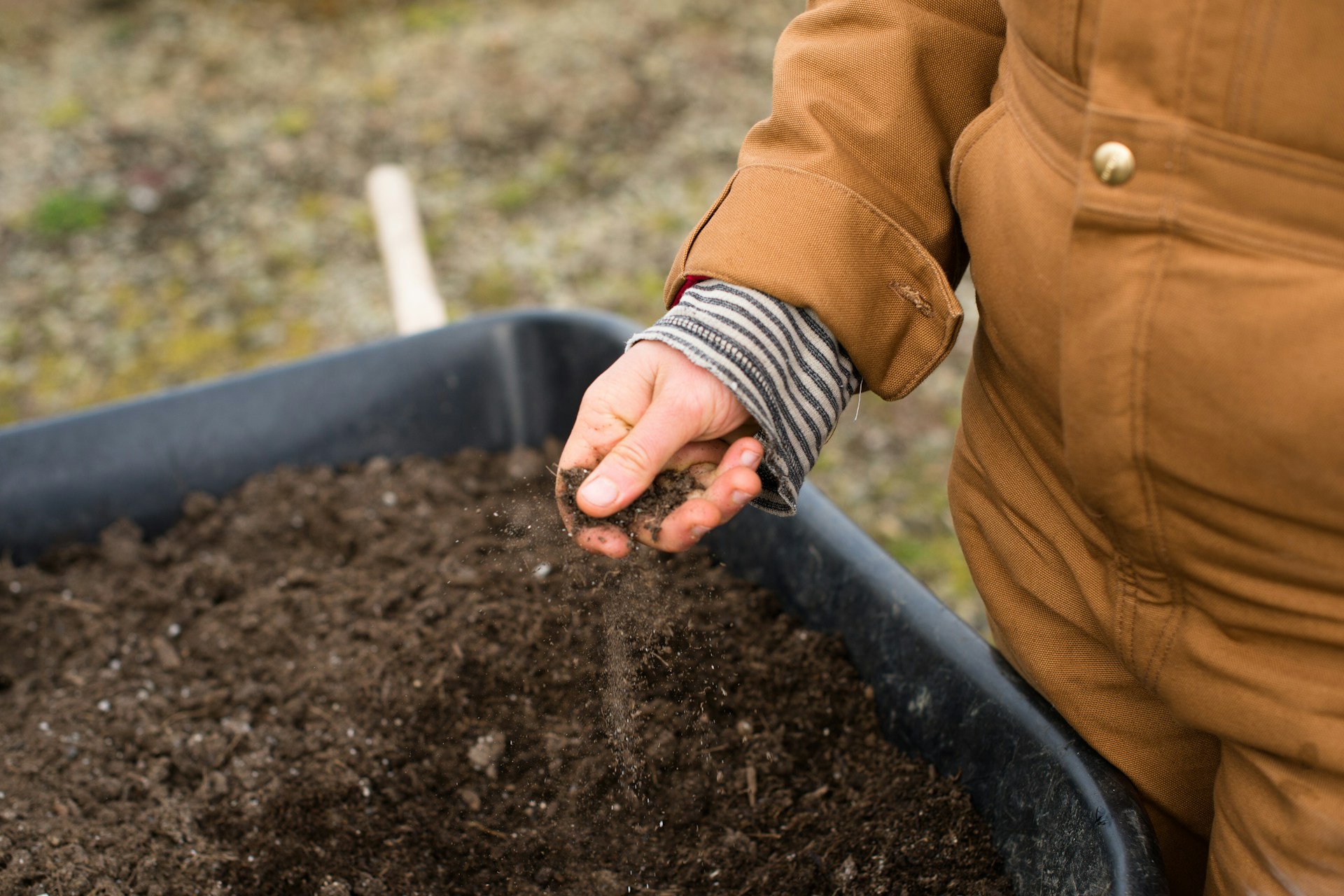A flourishing garden begins with healthy, nutrient-rich soil. As experienced professionals servicing the landscape and gardening industry, we understand the value of enhancing soil fertility and condition for gardeners and landscapers seeking to create exquisite outdoor spaces. Soil conditioners play a key role in achieving this objective, as they provide vital nutrients, improve aeration and drainage, and support vibrant plant growth. To help you achieve thriving garden spaces that burst with color and vitality, we bring you a comprehensive guide to understanding the transformative potential of soil conditioners.
This insightful article will explore the major types of soil conditioners available on the market and their unique benefits, equipping you with the knowledge to select the perfect product for your garden needs. We will delve into the important factors to consider when choosing a soil conditioner, including your garden’s soil type, pH levels, and specific nutritional requirements. Furthermore, we will provide expert guidance on the proper application of soil conditioners, including the optimal timing, depth, and techniques for incorporating these essential additives into your garden.
Understanding the Core Benefits of Soil Conditioners
Soil conditioners offer a plethora of benefits that enhance your garden’s soil health and fertility, directly contributing to a thriving and vibrant landscape. Key advantages of using soil conditioners include:
1. Improved Soil Structure: By adding organic matter, soil conditioners help to create a more porous, well-aerated soil, promoting healthy root growth and better water infiltration.
2. Balanced pH Levels: Soil conditioners can help in adjusting your garden’s soil pH, ensuring an optimal environment for plant growth and nutrient availability.
3. Enhanced Nutrient Availability: Conditioners provide essential nutrients, such as nitrogen, phosphorus, and potassium, that serve as the building blocks for plant health and productivity.
4. Increased Water Retention: The organic matter in soil conditioners enhances water retention capacity, ensuring that your garden remains hydrated and nourished.
Examining the Major Types of Soil Conditioners
A variety of soil conditioner options are available to cater to your garden’s unique requirements. Understanding the distinct properties and advantages of each type will empower you to choose the best fit for your specific needs:
1. Organic Matter: Compost, aged manure, and peat moss are rich sources of organic matter that improve soil structure, increase water-holding capacity, and provide essential nutrients to plants. These conditioners decompose over time, continuously releasing valuable nutrients into the soil.
2. Gypsum: Gypsum is a natural mineral conditioner used to loosen heavy, compacted clay soils, improving drainage and aeration. It can also help to reduce soil salinity and improve the soil’s calcium content.
3. Lime: Made from ground limestone, lime is applied to acidic soils to raise their pH levels, creating a more hospitable environment for plants. The increased pH also encourages the release of essential nutrients within the soil that may be unavailable in their acidic forms.
4. Biochar: Biochar is a type of charcoal produced by heating organic material at high temperatures under oxygen-limited conditions. It can improve soil structure, water retention, and nutrient-holding capacity while also sequestering carbon and reducing greenhouse gas emissions.
Factors to Consider When Choosing a Soil Conditioner
To confidently select the ideal soil conditioner for your garden, carefully analyze these crucial factors:
1. Soil Type: Assess your garden’s soil type by examining its color, structure, and texture. For instance, sandy soil may benefit from organic matter additions, while heavy clay soils might require gypsum for improved aeration and drainage.
2. Soil pH: Test your soil pH with a soil test kit or consult a professional. This will inform your decision on whether to use lime for acidic soils or choose another type of conditioner more suitable for your garden.
3. Specific Nutrient Requirements: A soil test can also reveal the nutrient deficiencies within your soil, guiding your choice of conditioner to address these specific needs.
Best Practices for Applying Soil Conditioners
Once you have selected the appropriate soil conditioner for your garden, follow these essential guidelines for proper application:
1. Timing: The best time to apply soil conditioners is during the soil preparation stage, prior to planting. This allows for the conditioner to be thoroughly mixed with existing soil, creating an enhanced environment for plant growth.
2. Depth: Incorporate soil conditioners to the appropriate depth to maximize their effectiveness. For most conditioners, this involves turning the conditioner into the top 6-8 inches of soil. However, it is essential to follow the specific depth instructions provided with your chosen product.
3. Techniques: Effective soil conditioner application involves even distribution throughout the garden bed. This can be achieved using a rotary hoe, garden fork, or tiller, depending on the size of your garden and the resources available to you.
Conclusion
Empowering yourself with knowledge of the various types of soil conditioners, their benefits, and best application practices can significantly enhance the health and quality of your garden soil.
As you discover the transformative potential of soil conditioner for gardens in promoting lush, vibrant landscapes, rely on our expertise for exceptional soil conditioner products and invaluable resources designed to support your gardening and landscaping endeavors. Check out our soil conditioners at Reliable Soil Co. Inc. today!

